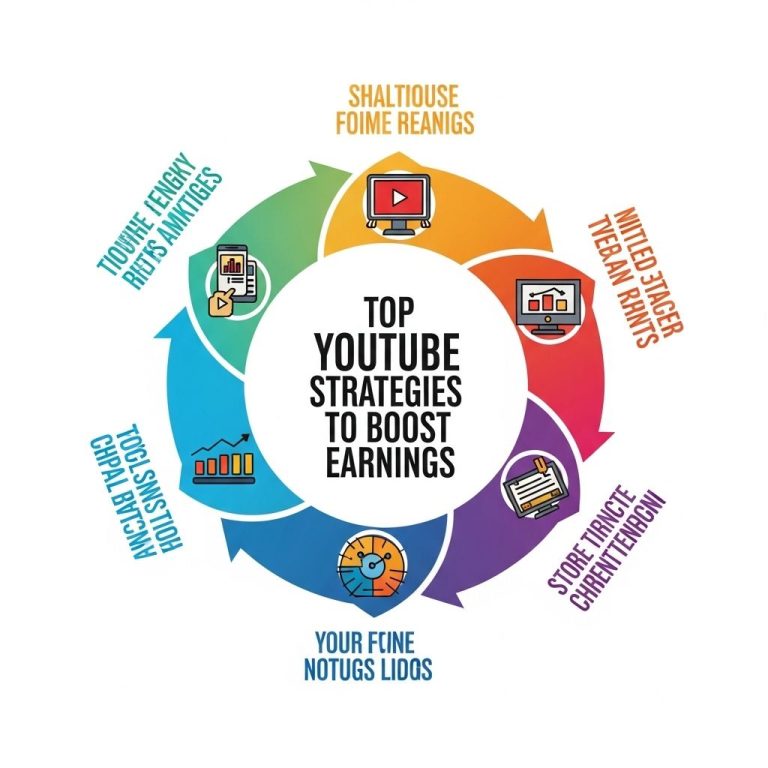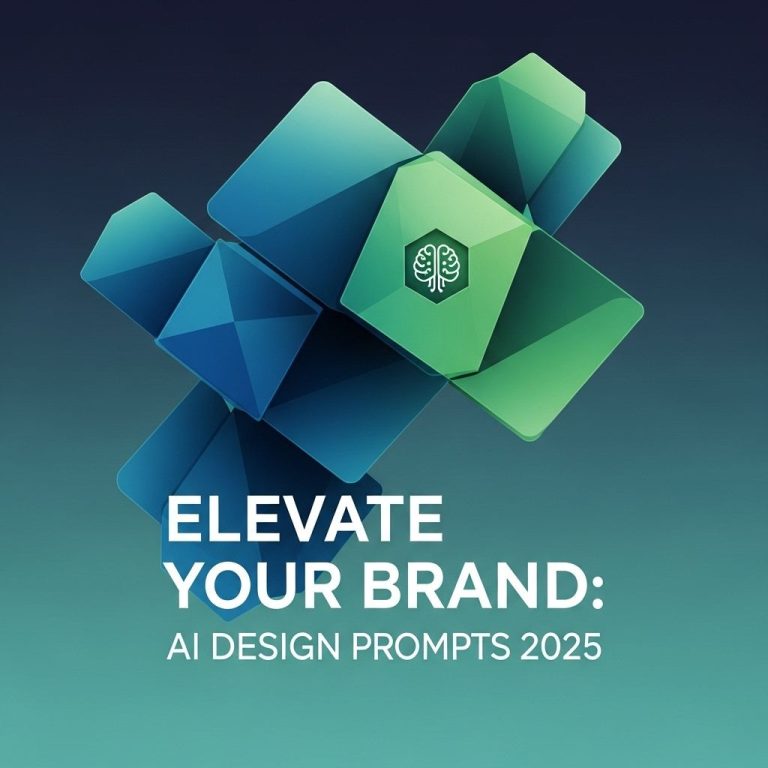In the rapidly evolving landscape of digital marketing, leveraging artificial intelligence (AI) has become a game changer for businesses aiming to streamline their lead generation processes. As technology advances, the tools available for harnessing AI in lead generation are becoming more sophisticated, offering enhanced data insights, improved targeting, and automated processes that can significantly improve conversion rates. This article delves into the most effective AI tools for lead generation expected to dominate the market in 2025, equipping marketers with the knowledge to stay ahead in a competitive environment.
Understanding AI in Lead Generation
Artificial intelligence has the potential to transform lead generation strategies by analyzing large datasets, predicting customer behavior, and automating repetitive tasks. Key benefits of AI in lead generation include:
- Data Analysis: AI can process and analyze vast amounts of data to derive actionable insights.
- Predictive Analytics: By using historical data, AI can forecast future customer behavior.
- Automation: AI tools can automate outreach efforts, saving time and resources.
- Personalization: Tailored marketing messages can be generated based on user behavior and preferences.
Key AI Tools for Lead Generation in 2025
Here, we will explore some of the leading AI tools that are set to make a significant impact in the lead generation sphere by 2025.
1. HubSpot
HubSpot has consistently been at the forefront of marketing technology. With its AI-powered tools, HubSpot provides features that not only facilitate lead generation but also enhance customer relationship management (CRM).
Key Features:
- AI-driven chatbots for real-time customer interaction.
- Lead scoring algorithms that prioritize leads based on their engagement.
- Email automation tools that utilize AI to optimize send times and content.
2. Drift
Drift focuses on conversational marketing and sales, making it easier for businesses to connect with potential leads through chatbots and messaging tools. Its AI capabilities are designed to simulate human-like conversation.
Key Features:
- Smart chatbots that qualify leads through natural language processing (NLP).
- Real-time routing to sales representatives based on lead behavior.
- Integration with CRM systems for seamless data sharing.
3. Salesforce Einstein
Salesforce Einstein is an AI-enhanced feature of the Salesforce platform that offers predictive analytics and data-driven recommendations, specifically tailored for sales and marketing teams.
Key Features:
- Lead scoring and prioritization to identify high-quality leads.
- Automated insights that suggest optimal engagement strategies.
- AI-powered forecasting tools for sales goals.
4. LinkedIn Sales Navigator
LinkedIn Sales Navigator utilizes AI to help businesses find and connect with leads on the world’s largest professional networking platform. It enhances networking opportunities by providing valuable insights into potential leads.
Key Features:
- Advanced lead and company search with AI-driven recommendations.
- Real-time insights and updates about leads’ activities.
- InMail messaging options for direct outreach.
How to Choose the Right AI Tool for Your Business
When considering AI tools for lead generation, businesses should assess their specific needs and objectives. Here are some factors to consider:
1. Define Your Goals
Identify what you aim to achieve with your lead generation efforts:
- Increase the number of leads?
- Enhance lead quality?
- Improve conversion rates?
2. Evaluate Your Budget
Consider the costs associated with different tools and ensure it aligns with your budget. Some tools offer tiered pricing based on features, while others may provide free trials to explore capabilities.
3. Look for Integrations
Choose tools that seamlessly integrate with your existing systems, such as CRMs and email marketing platforms, to improve workflow efficiency.
4. Analyze User Experience
Investigate the user interface and experience of the tools. A user-friendly interface can facilitate easier adoption among team members.
Best Practices for Using AI Tools in Lead Generation
Utilizing AI tools effectively requires strategic implementation. Here are some best practices:
1. Train Your Team
Ensure that your team is well-versed in using AI tools. Provide training sessions and resources to maximize the benefits of the technology.
2. Test and Iterate
Continuously monitor the performance of your lead generation efforts. Use A/B testing to identify what works best and adjust strategies accordingly.
3. Focus on Personalization
Utilize data collected by AI tools to create highly personalized marketing campaigns that resonate with your target audience.
4. Ensure Data Privacy
With increased data usage comes the responsibility to protect customer information. Adhere to privacy regulations and ethical practices when utilizing AI tools.
Future Trends in AI-Driven Lead Generation
The landscape of AI and lead generation is continually evolving. Here are some trends predicted to shape the future:
1. Enhanced Machine Learning Algorithms
As machine learning evolves, AI tools will become even more adept at predicting customer behavior and providing actionable insights.
2. Greater Emphasis on Ethics
Businesses will increasingly focus on ethical AI usage, striving for transparency and fairness in their algorithms.
3. Voice Search Optimization
With the rise of voice-activated devices, optimizing lead generation strategies for voice search will become crucial.
4. Integration of Augmented Reality (AR)
AR technologies may be integrated into lead generation strategies, providing interactive experiences that engage potential customers more effectively.
Conclusion
As we approach 2025, the landscape of lead generation is set to change drastically with the advent of advanced AI tools. By understanding the capabilities of these tools and adapting strategies to harness their potential, businesses can significantly enhance their lead generation efforts. The key lies in choosing the right tools, implementing best practices, and staying abreast of emerging trends in technology.
FAQ
What are the best AI tools for lead generation in 2025?
Some of the top AI tools for lead generation in 2025 include HubSpot’s AI features, Drift, Leadfeeder, and ZoomInfo, which leverage machine learning algorithms to enhance customer targeting and engagement.
How can AI improve lead generation efforts?
AI can improve lead generation by automating data analysis, personalizing outreach, identifying high-quality leads, and predicting customer behavior, leading to more effective marketing strategies.
Are there any free AI tools for lead generation?
Yes, there are several free AI tools for lead generation, such as Mailchimp’s free tier, Zoho CRM’s basic plan, and various AI chatbots that offer limited functionalities at no cost.
What features should I look for in AI lead generation tools?
When selecting AI lead generation tools, look for features such as predictive analytics, integration capabilities, user-friendly interfaces, automated outreach options, and robust reporting tools.
How does AI help in qualifying leads?
AI helps in qualifying leads by analyzing data patterns, scoring leads based on engagement, and providing insights that enable sales teams to focus on prospects with the highest likelihood of conversion.
Will AI tools replace human sales teams in lead generation?
While AI tools will enhance lead generation processes, they are designed to complement human sales teams rather than replace them, allowing for a more efficient and effective sales approach.




